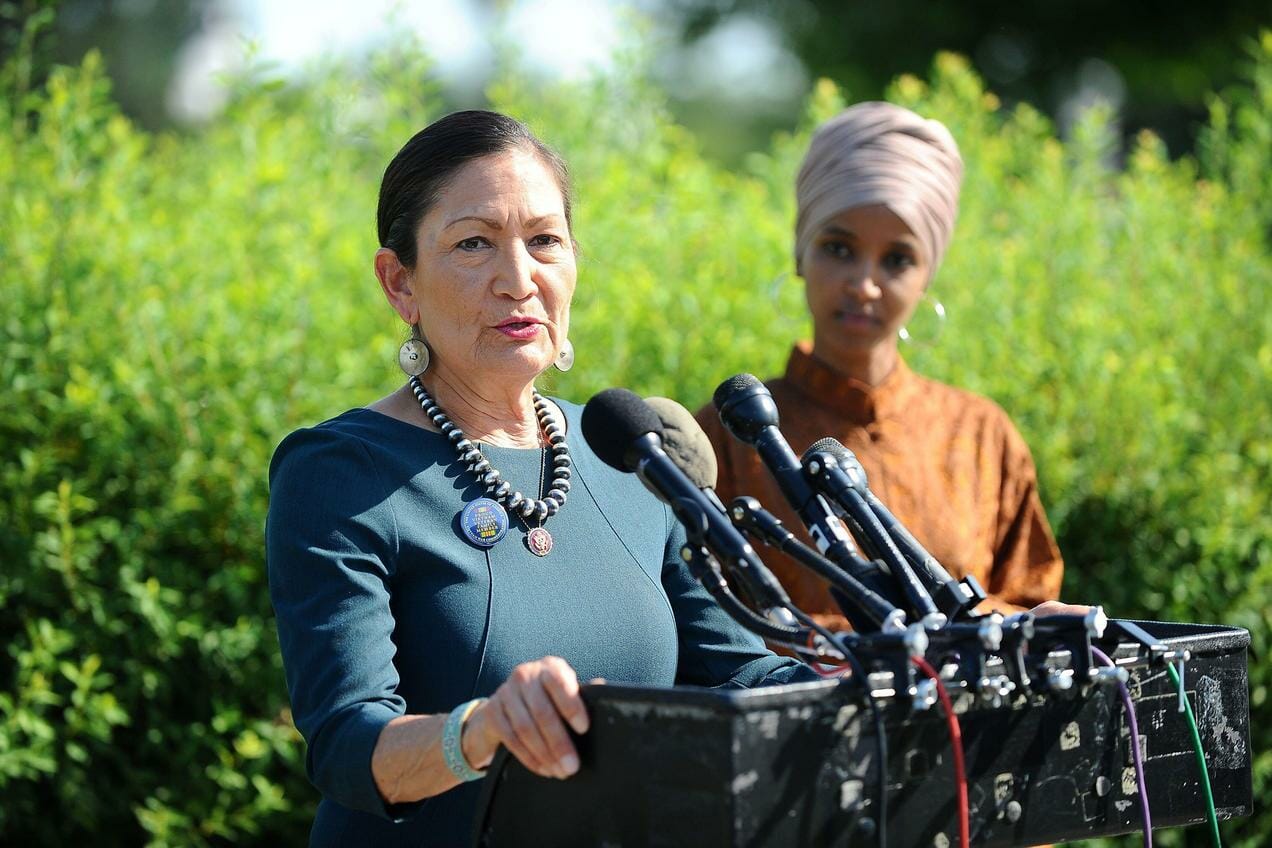
The Cherokee Freedmen: what does true liberty mean nearly 160 years after the Emancipation Proclamation?
Rev. Bryan D. Jackson
June 16, 2021
A lesser-known African American segment of our society has waged a separate struggle for decades. Descendants of black slaves from the early Cherokee Nation have battled the courts and the Cherokee Nation itself for rights to tribal citizenship. For many years, litigation surrounding the issue has bogged down the court system because some earlier Cherokee Nation positions were resistant to the idea of descendants who were not Cherokees “by blood” being permitted citizenship. Following the Civil War, the government created separate tribal rolls for slave descendants. Some black descendants had actual birthright to the tribe due to ancestral interrelationships, but many others did not and were excluded from the “official” rolls.
With the recognition and celebration of Juneteenth, Cherokee Freedmen descendants can celebrate access to tribal citizenship due to a 2017 ruling. According to Cherokee Nation v. Nash, Freedmen descendants shall have citizenship rights “coextensive with the rights of Native Cherokees,” based on a treaty from 1866, signed just a few years after the enaction of the Emancipation Proclamation. On May 12, 2021, Secretary of the Interior Deb Haaland approved a new Cherokee Nation constitution that specifically includes the rights of Freedmen to tribal citizenship.
The Freedmen descendants have reason to be proud on a number of fronts. One is the sheer tenacity with which many of them have shown to get what is rightfully theirs. They have shown a sincere interest in being included and involved in Cherokee Nation life and culture. In recent decades, it has become fashionable for some celebrities and other notable persons—including academic and political types—to lay claim to Cherokee heritage when it simply isn’t there. Without fail, every one of these individuals who have professed Cherokee lineage demonstrates a regrettable lack of interest in tribal affairs, culture, or just who we are as a people. Their interest comes to a grinding halt once their media or political objective is met. This cultural appropriation is a major insult. While some of the Freedmen might not have “blood ties” to the tribe, they have tenaciously fought for what is rightfully theirs based on ancient relationships and current legal precedent.
The observance of Juneteenth provides an avenue for a broader understanding of the concept of liberty, especially within the context of African American and Native American relations. Many people are understandably unaware that Cherokees and other tribes once owned slaves. A number of Cherokees in the antebellum south were well-to-do, mixed-blood men and women (mostly men) who utilized slave labor. Individual Freedmen descendants have a complex perspective in that some of their slave-holding ancestors might very well have enslaved some of their other ancestors. Juneteenth is an opportunity for them to come to terms with the rich complexities of their respective lineal histories. These are powerful, American stories to be passed on not only in the best of oral tradition, but also within the community of detailed and technologically up-to-date databases (Ancestry.com, MyHeritage, FindMyPast, etc.) available today.
The observance of Juneteenth provides an avenue for a broader understanding of the concept of liberty, especially within the context of African American and Native American relations.
Juneteenth (June Nineteenth) is also a moment for many of us to do a “gut check” with respect to our thoughts and feelings regarding slavery, emancipation, and our past in general. Both my white European and Cherokee ancestors were slave owners. I, like many others, am stuck with that unfortunate reality. This is one of those true instances where white privilege comes knocking at my door, seeking desperately for a place to shelter and hide when there is none. It’s not a place for apologies. Instead, it’s an opening for the chance to demonstrate an ethic of care. That is, it gives me an opportunity to do something better with the present and future. Finding true liberty for oneself might lie in the form of making sincere efforts toward restoration.
Perhaps the best reparation is that of honing one’s awareness to the point of taking immediate action when one witnesses or endures racial injustice. We have seen more of this during the past year. Standing up for someone in a position of disadvantage might be the noblest of causes. These events are much more common than most of us would like to admit, and they happen daily, all over the world. Juneteenth is an admonition to leap from the stalled train of neutrality and park oneself at the doorstep of the offender with the proclamation, “This will not stand!”
The consistency of God’s character as revealed throughout Scripture, our sacred traditions, and simple reason point to righteousness of such an action. As Albert Schweitzer once observed, “Truth has no special time of its own; its hour is now—always.”[i]
The Rev. Bryan D. Jackson is an American Baptist minister and a member of the Mount Hood Cherokees, a satellite community of the Cherokee Nation. He lives on Vashon Island, Washington and is the author of Chattahoochee Rain: A Cherokee novella.
The views expressed are those of the author and not necessarily those of American Baptist Home Mission Societies.
[i] Schweitzer, Albert. On The Edge of the Primeval Forest: The Experiences and Observations of a Doctor in Equatorial Africa. New York: Macmillan, 1956, p. 117.


